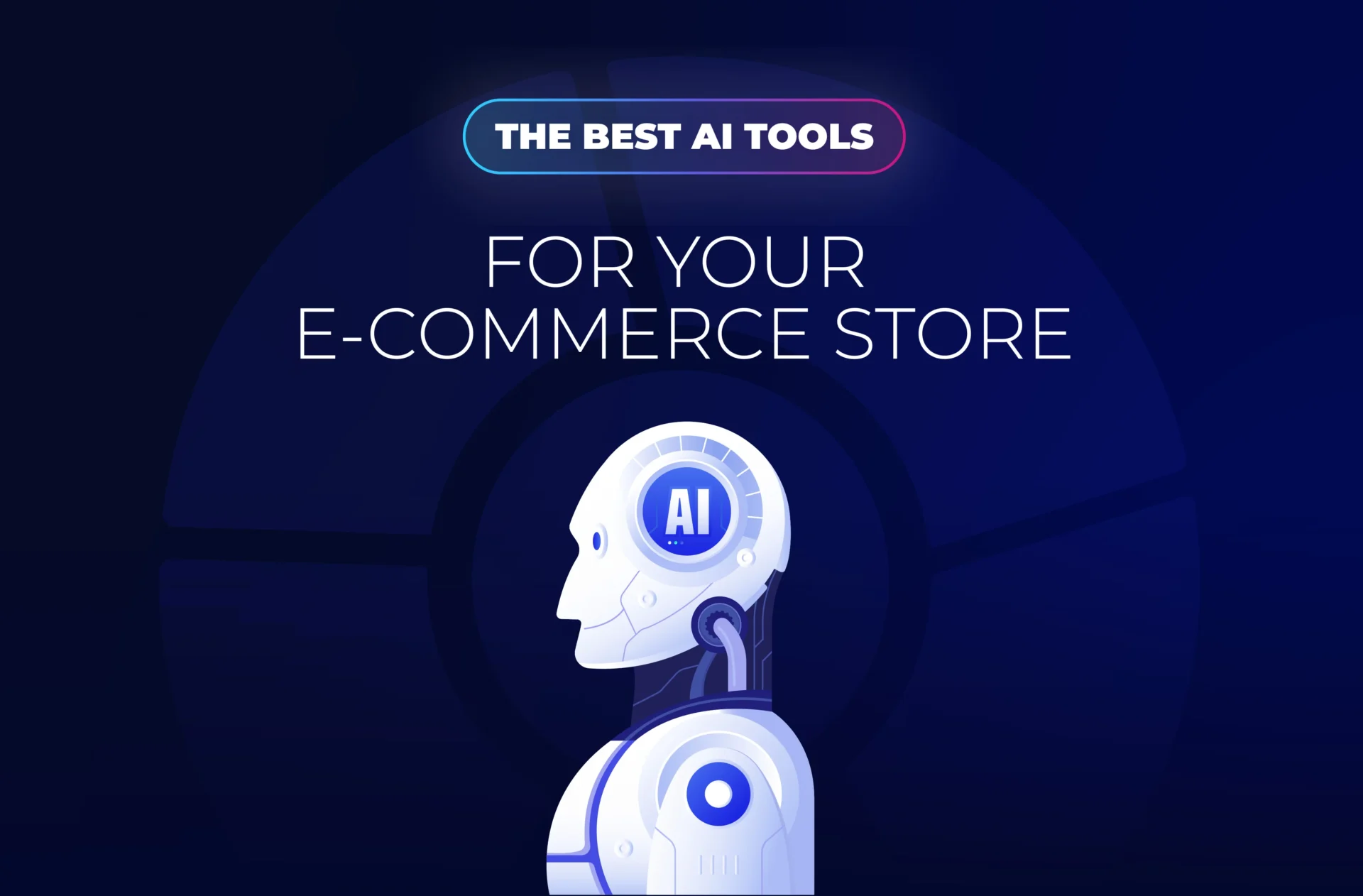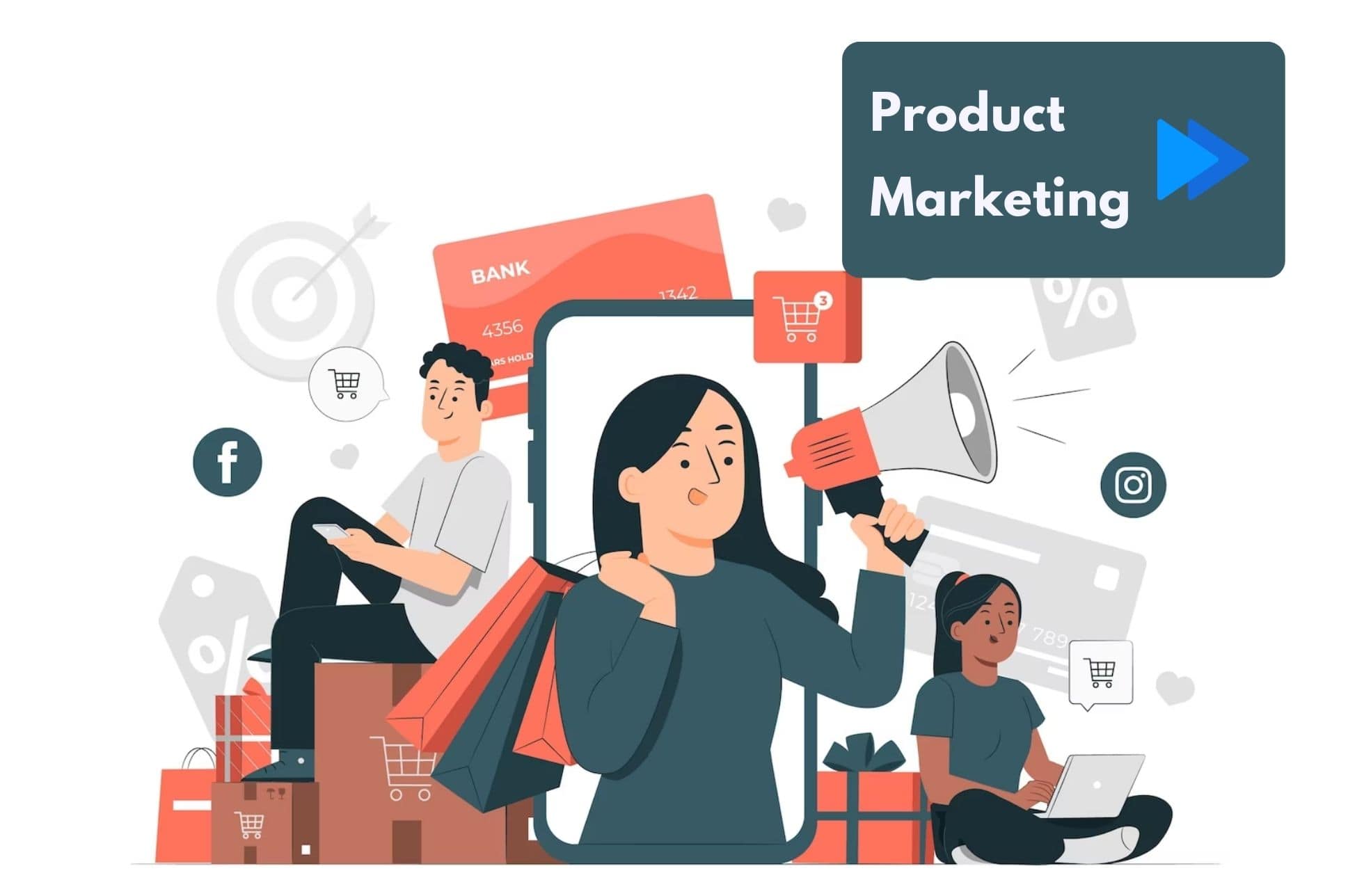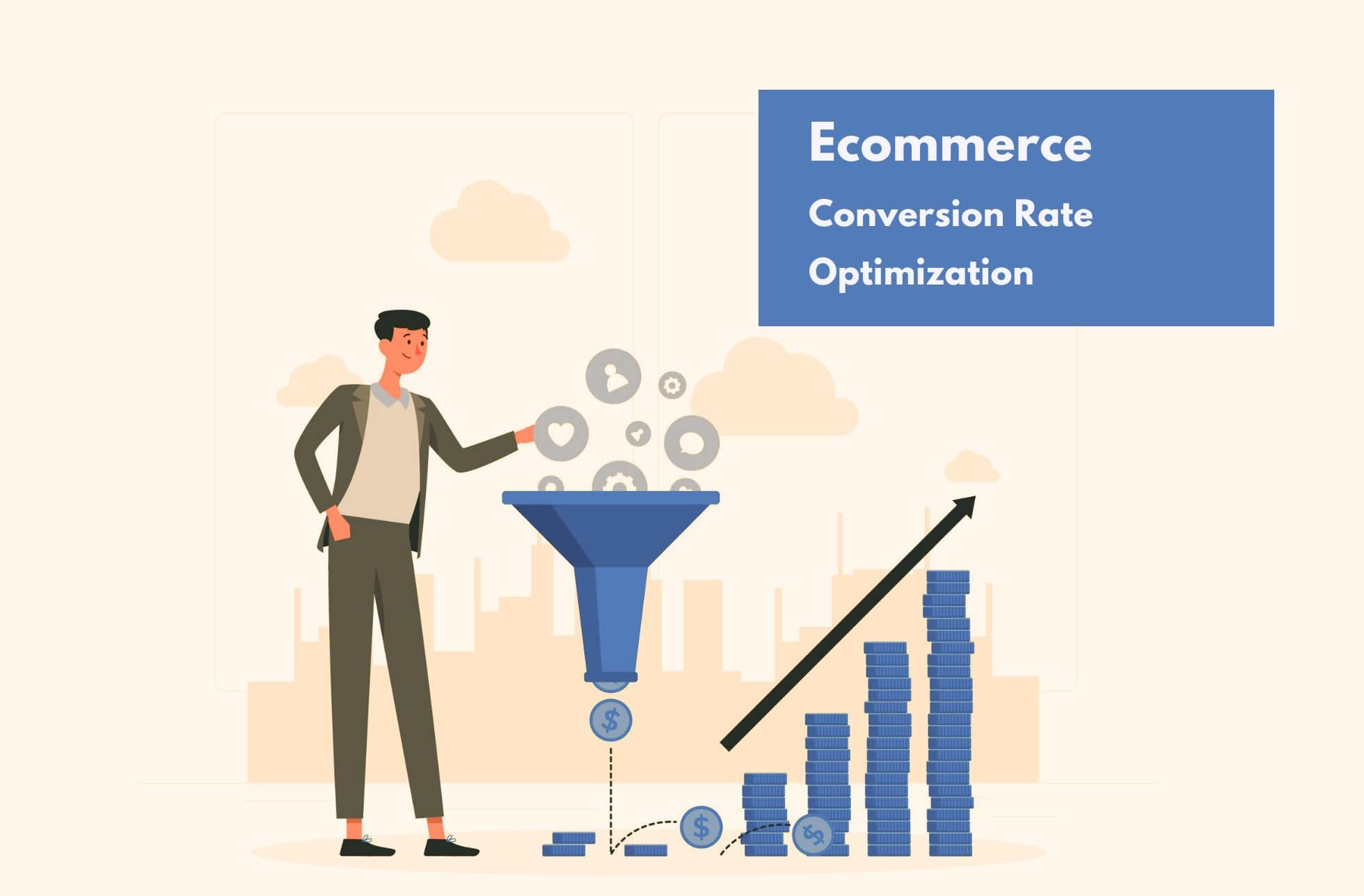For shoppers it is a tough competition to get customers for their brick-and-mortar business, getting traffic to their online store is a lot more difficult. The number of online stores selling the same products as yours is on the rise and to get sales you have to make sure that store stands out. This is why you need these beginner SEO tips for your eCommerce store.
Search Engine Optimization-What it is and how it works
Search engine optimization or SEO is a process of getting a website ranked on the search engine results pages without paid advertising, solely based on “organic” efforts. To be a success online, your eCommerce store must show up in the search results on Google, Yahoo and Bing.
Most widely used search engine is Google, and its first page consists of 10 results with paid advertisements sitting at the top. While most sellers are tempted to invest in paid ads to result fast but that’s not a very sustainable strategy in the long run. E-commerce stores have different SEO needs as compared to content sites.
As a study by Conductor shows that 64% of all site traffic is contributed by the organic search, paid ads only yield 6% traffic. In 2018, the search marketing needs a multi-faceted approach with a strong organic foundation and then it should be supplemented by PPC or pay-per-click (PPC) campaigns to increase the exposure and boost conversions.
With some basic SEO improvements, you can see your eCommerce store in the top positions in search engines. Start with these basic tips:
Intensive keyword research
It might be easier for you to compete with a brick-and-mortar store as you need not worry about the nuisance of search engines. But online, your eCommerce store will be competing with hundreds and thousands of competitors. How will you make your store stand out from others, is the first step to become successful online.
SEO keywords are those stepping stones that help your eCommerce store to climb up in the search results. This is why it is important to have the understand the underlying importance of keyword research.
As a beginner, it might be difficult for you to find the best fit keywords for your site, but MOZ has a detailed guide on keyword research for beginners. With the use of proper keywords in the content, you will be able to connect to the customers you are looking for. Theirs is no shortage of keyword research tools. SEMRush, Ahrefs and MOZ Keyword Explorer are the best tools for finding the most potential keywords.
Start A Blog
E-commerce website has limited scope of using the keywords as the product descriptions are too short to fully harness the potential of keywords. This is why you need an integrate a blogging platform into your eCommerce store will allow you to write engaging content using the keywords. It not only has SEO benefits for your store, but you also get an opportunity to build a relationship with your users.
By posting relevant and engaging posts frequently will help increase traffic that will drive more sales. For instance, here are a few keyword suggestions from Google’s Keywords Planner tool related to keyword “gold rings”

Now writing an engaging post on engagement rings can help users to find the site and they may even make a purchase.
So, even when the primary keyword was “gold rings” using other related keywords along with the primary one in a blog post can help to rank in search engines.
On-page SEO
It simply means optimizing the web pages for better rankings by including meta tags and titles. Search bots understand the structure of any site by making sense of the metadata. Proper meta tags in pages help them get crawled and indexed in search engine faster boosting their organic rankings.
According to SEOEaze, “meta tags form the majority of on-page SEO components that need attention. Most beginners are not able to entirely the utilize the benefits of their off-page SEO efforts because of lack of on-page optimizations.”
There’s nothing complicated about on-page optimizations. You just need to take care of:
- Meta titles
- Meta descriptions
- Meta Keywords
If you properly implement these three on your website’s pages then they can be easily crawled and indexed.
Most probably, the eCommerce platform you are using will already have an integrated SEO tool. If not then you can go through this excellent on-page SEO guide from Backlinko and you will never get your site’s on-page SEO wrong again, ever.
Expand Your Social Media Presence
According to Socialmediatoday.com, 87% of the eCommerce customer agree that their shopping decisions are affected by social media.
You cannot afford to lose on the potential of growing your online store using the social media. Facebook, Instagram, Pinterest, and LinkedIn are some of the most important social platforms where you need to share information and posts about your products and services.
Social sharing of a content affects its ranking in search engines. Google favors sites that have many readers on social media. However, there are some ground rules for boosting sales through social media.
First, you need to understand your target market. Depending on your niche market and demographics like the age, interests, the industry they work, gender, etc. create tailored content that your customers can relate too. If they can relate to it, they will definitely share it.
The second rule is to share first and sell second. Nobody wants a sales pitch even when they want to buy something. It is simply aggressive and pushy. Instead, try to offer solutions for their problems with your content. And then if you can elaborate to your customers how your product is going to help them, then you can definitely drive high sales.
The Takeaway
E-commerce stores need a combined strategy of SEO, content marketing and social media to rank higher in social engines and drive sales.
Individually these strategies are weak, but when you combine them together get a plan to soar in search engine results.





